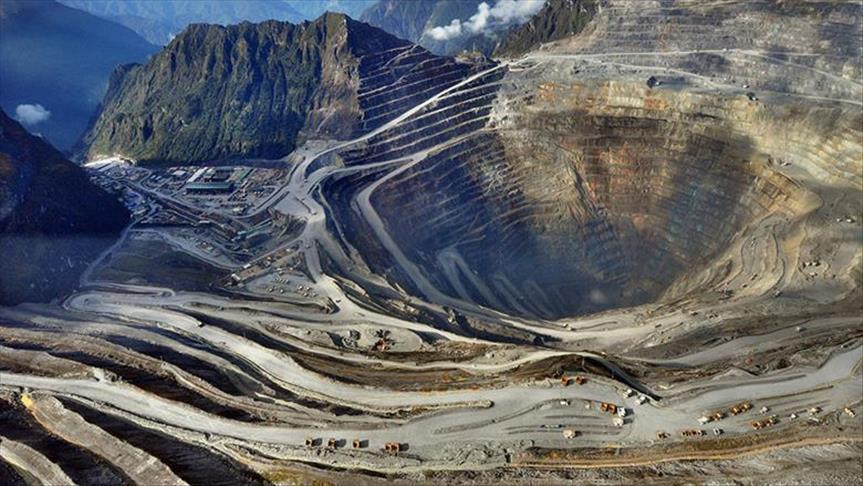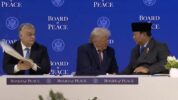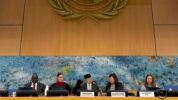Freeport’s License Extension: Indonesian Government and Mining Giant Close to Agreement
He urged that inquiries about the delays should be directed towards Freeport to gain a comprehensive understanding of the situation.
He also reiterated his commitment from his previous role as Minister of Investment and Head of the Investment Coordinating Board (BKPM) to ensure the extension is finalized before President Joko Widodo’s term concludes.
He underscored the urgency of the matter, given that the current IUPK is set to expire in 2041. “We are committed to addressing this before the current administration ends,” he said.
Bahlil highlighted Indonesia’s increasing stake in Freeport, which has risen to 51% since 2018. This includes a 10% share held by Papua’s regional government and 41% managed by the central government through state-owned enterprises.
The extension of the IUPK will potentially boost Indonesia’s share to 61%, enhancing national control over Freeport’s operations.
On a related note, he discussed the economic benefits already realized from Indonesia’s investment. Reports from Freeport indicate that the government has recouped its initial investment by 2024.
“Our investment has already broken even, and we are seeing returns on our stake,” he said.
Bahlil also emphasized the strategic importance of downstream processing. He praised the development of a $3 billion copper smelter in Gresik, East Java, which will significantly enhance Indonesia’s mineral processing capabilities.
This facility is expected to process 1.7 million tons of copper concentrate annually, with a total refining capacity of 3 million tons per year when combined with PT Smelting’s operations.
Tony Wenas, President Director of PT Freeport Indonesia, detailed the smelter’s projected output, which includes around 1 million tons of copper cathode, 50 tons of gold, and 200 tons of silver annually. This development represents a substantial advancement in Indonesia’s efforts to capitalize on its mineral resources and maximize economic returns from the mining sector. (Uki Ruknuddin)



























Tinggalkan Balasan